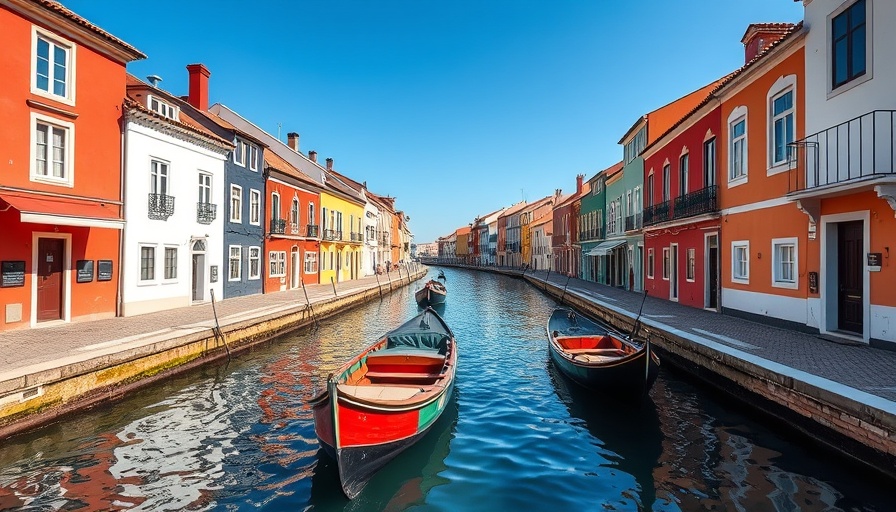
Empowering Youth: The Heart of Hospitality Training in the Mekong
In the Greater Mekong Subregion (GMS), many vulnerable youth and adults battle significant hurdles to employment, especially in rural and marginalized areas. Here, vocational training in tourism can unlock doors to opportunities, providing essential skills, boosting self-confidence, and creating pathways to fulfilling careers. At the forefront of this initiative is ASSET-H&C, a vital network of 13 vocational training centers dedicated to the social and economic inclusion of disadvantaged populations in Southeast Asia through the hospitality and catering sector.
The Bridge to Employment: How ASSET-H&C is Making an Impact
ASSET-H&C acts as a bridge between traditional communities and the demands of the modern job market. By focusing on hospitality, one of the most accessible sectors for young people lacking higher education, ASSET-H&C empowers participants to gain skills that translate directly into job opportunities. The industry requires minimal entry barriers, making it an ideal field for individuals from underserved communities to break into.
Ms. Phan Thanh Ha, Project Manager at ASSET-H&C, emphasizes that beyond technical skills, the hospitality training fosters essential soft skills such as communication, teamwork, cultural awareness, and problem-solving abilities. These competencies are invaluable not only in tourism but across various sectors, empowering graduates to thrive wherever their careers may lead.
Real-Life Success Stories: Transforming Lives Through ASSET-H&C
The success stories emerging from ASSET-H&C exemplify the transformative potential of vocational training. Many graduates, who once took on entry-level positions such as commis chefs or receptionists, evolve into supervisors, entrepreneurs, or even trainers themselves. This trajectory not only enhances their personal livelihoods but also uplifts their families and communities, creating a ripple effect of positive change.
Cultural Challenges: Navigating the Disconnect
Despite the promise that vocational training offers, integrating underprivileged communities into the workforce presents challenges. Ms. Ha notes that cultural disconnect often hinders progress; many families are unfamiliar with the hospitality industry and may hesitate to support their children’s ambitions in a field that is not well understood. Additionally, the shift from a familiar environment to a professional setting can be overwhelming for many students.
The Role of Education: Addressing Skepticism
Education is a key component of overcoming these cultural barriers. Educating families about the benefits of hospitality careers helps to alleviate concerns and build support systems for aspiring young professionals. By demonstrating the real-world applications and long-term benefits of hospitality training, ASSET-H&C works not just to include young people in the workforce but to integrate their families into the journey.
Building a Sustainable Future: A Call to Action for Travelers
The impact of hospitality training at ASSET-H&C extends far beyond individual success stories; it plays a critical role in fostering sustainable tourism practices. By equipping young people with skills necessary to thrive in hospitality, we can create a workforce dedicated to environmentally-conscious and socially-responsible tourism. As modern travelers increasingly seek sustainable experiences, supporting initiatives like ASSET-H&C become not just a personal choice but a collective responsibility.
For those passionate about sustainable travel, engaging with and supporting programs like ASSET-H&C allows for meaningful contributions to the communities we visit. Whether through voluntourism or simply choosing to patronize establishments committed to social responsibility, every decision can drive positive change.
Conclusion: Join the Movement Toward Inclusive and Responsible Travel
The journey towards sustainable and responsible travel is ongoing, and it calls for collective effort. As tourists, we have the power not just to observe cultures but to engage with them in a respectful and meaningful way. Consider supporting training programs, such as ASSET-H&C, that enable young people to forge vibrant futures through hospitality. Together, we can contribute to a more inclusive tourism sector while exploring the beauty of the Mekong and beyond.
 Add Row
Add Row  Add
Add 




Write A Comment